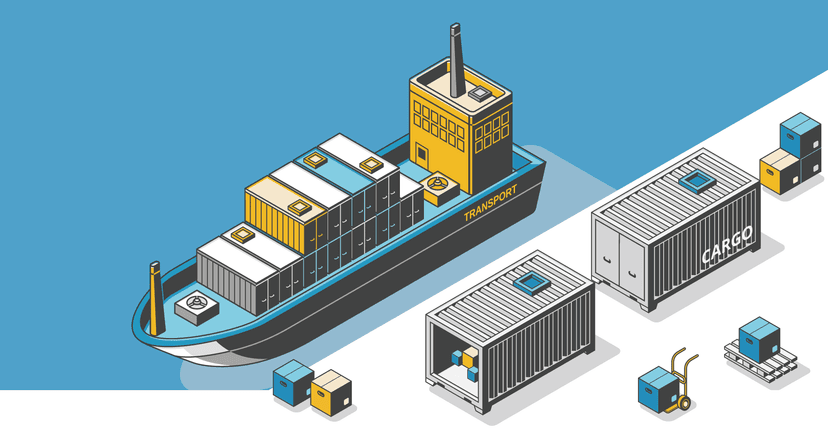
The Ultimate FCL Shipping Handbook: Costs, Benefits, and Best Practices for 2025
FCL shipping (Full Container Load) involves hiring an entire shipping container exclusively for your cargo, offering faster transit times an...
Trade finance helps importers and exporters to manage the risks and uncertainties associated with international trade and ensures that both parties fulfil their contractual obligations.

Trade finance plays a crucial role in facilitating international trade by providing the necessary financial support to importers and exporters.
Trade finance refers to the financial instruments and products used to facilitate international trade transactions. It includes a wide range of financial services, such as letters of credit, bank guarantees, documentary collections, factoring, and export credit insurance.
International trade, on the other hand, refers to the exchange of goods and services across national borders. It involves the import and export of goods, as well as the provision of services such as tourism, transportation, and financial services. International trade allows countries to specialize in the production of goods and services in which they have a comparative advantage, and to trade with other countries for goods and services they cannot produce efficiently.
It helps to mitigate the risks associated with international trade, such as currency fluctuations, political instability, and trade disputes, and enables companies to expand their business globally. Without trade finance, international trade would be much more difficult and riskier, and many companies would be unable to participate in the global economy.
Trade finance is an essential component of international trade, as it enables businesses to overcome the challenges associated with cross-border transactions. Some of the common types of trade finance instruments and products include:
In addition to the various financial instruments and products, trade finance also involves a range of other activities that support international trade. These may include:
Overall, trade finance is an important component of international trade, as it helps to overcome the various challenges and risks involved in cross-border transactions. By providing financial support and risk mitigation solutions, trade finance enables companies to expand their global operations and participate in the global economy.